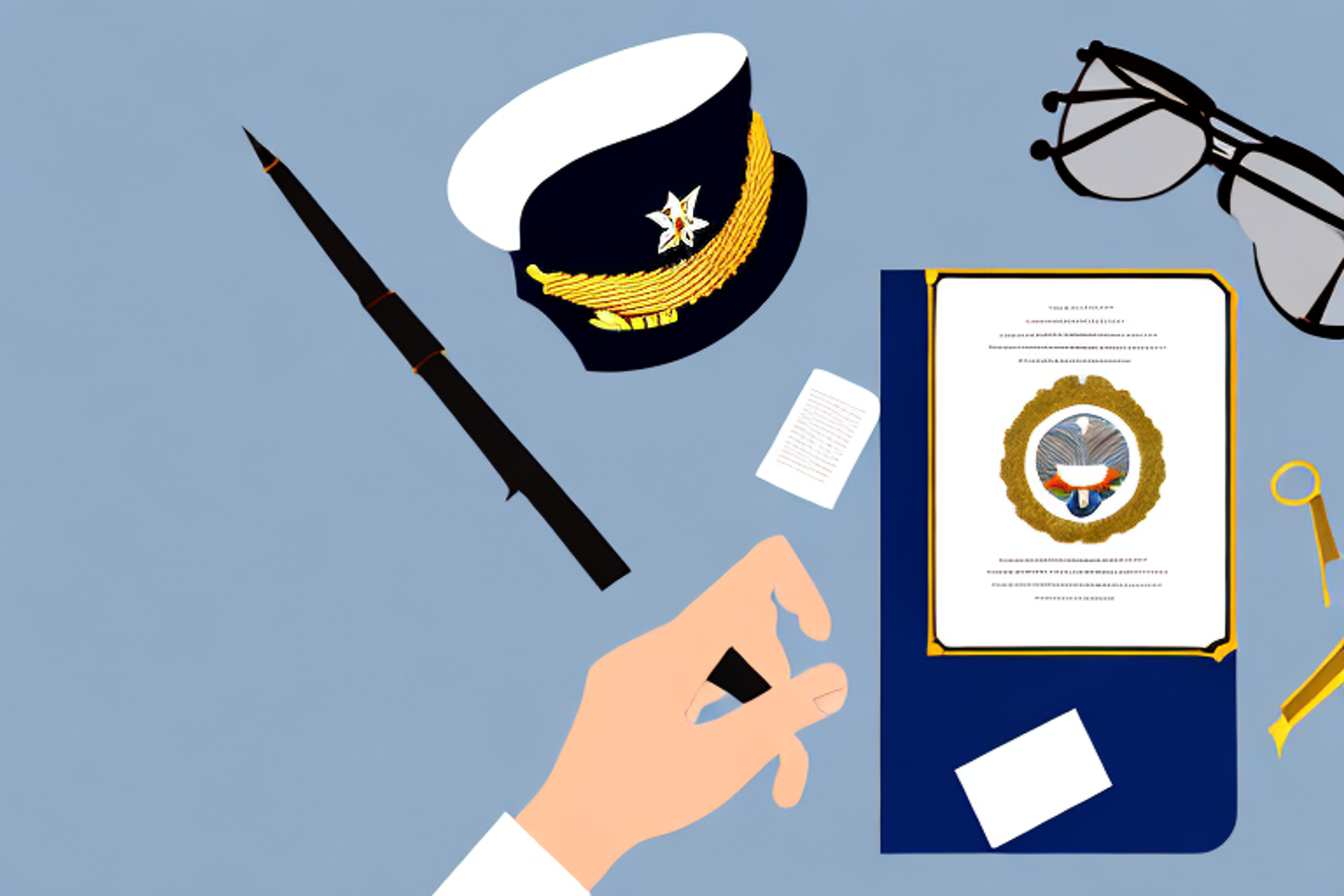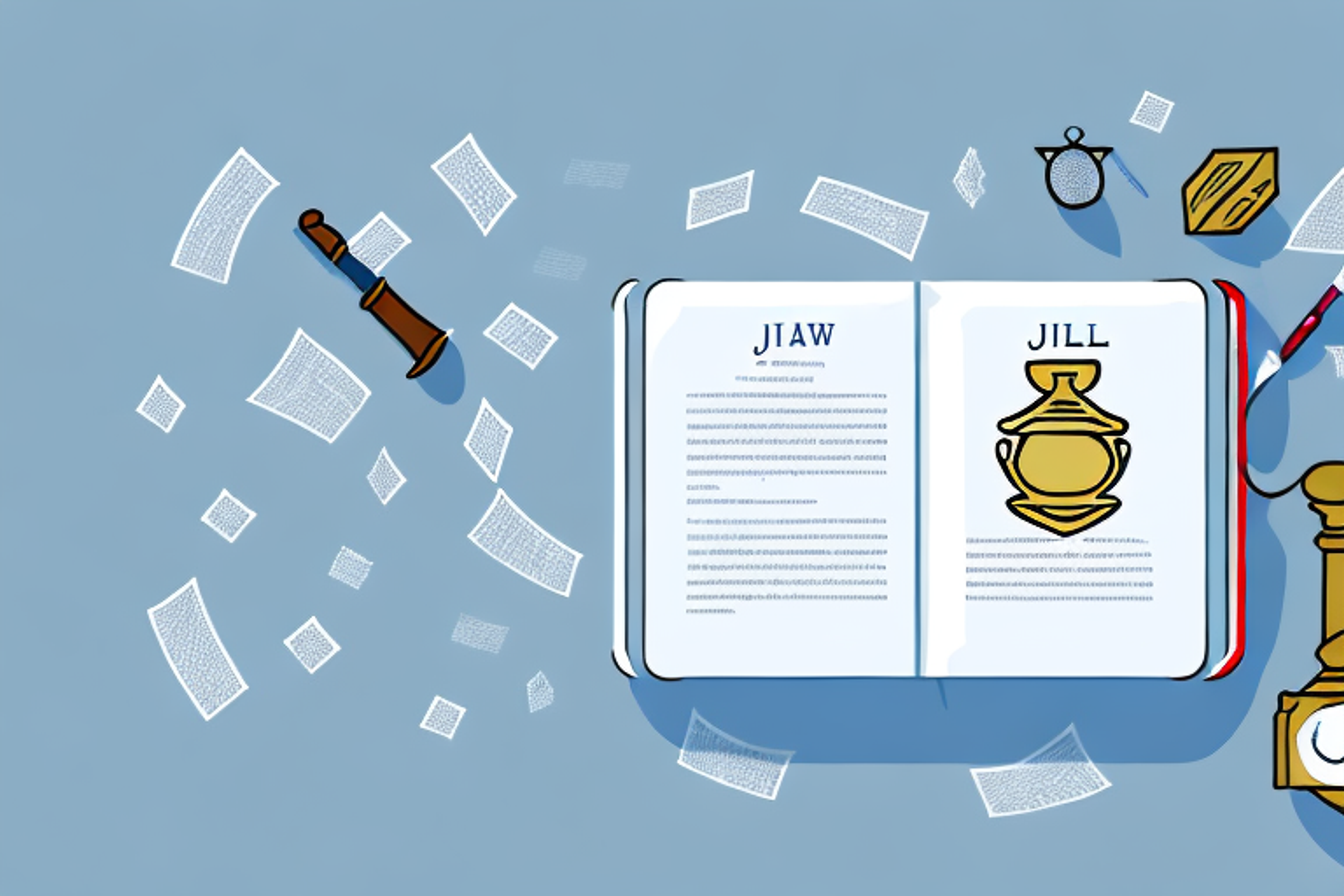A Guide to 2L: Your Second Year at Law School
Are you a law student entering your second year? Our comprehensive guide to 2L will help you navigate the challenges and opportunities that lie ahead.
Posted April 10, 2025

Table of Contents
Free Event

Featuring Indrani S.
Law School App Office Hours with a Former Stanford AdCom Member
Starting Thursday, April 17
11:30 PM UTC · 45 minutes

Featuring Indrani S.
Congratulations! You made it through your first year of law school. Now it's time to prepare for your second year, or 2L. This year is filled with new challenges, opportunities, and decisions that will shape the rest of your legal career. In this guide, we'll explore what to expect in your second year of law school, the importance of choosing the right electives, how to balance coursework and extracurricular activities, and much more. So, let's dive in!
What to Expect in Your Second Year of Law School
By now, you've likely gained a better understanding of law school and how it works. However, 2L is still a whole new world. In your second year, you'll likely have more freedom to choose your classes and electives. You'll also be expected to participate in more extracurricular activities and networking events. On top of that, you'll start preparing for the job search and clerkship interviews.
One of the biggest changes you'll notice in your second year of law school is the increased workload. You'll be expected to read and analyze more cases, write longer papers, and participate in more class discussions. This can be overwhelming at times, but it's important to stay organized and manage your time effectively.
Another important aspect of your second year is building relationships with your professors and peers. This can be done through office hours, networking events, and participating in student organizations. These connections can be valuable in the future, whether it's for job opportunities or recommendations for further education.
The Importance of Choosing the Right Electives in 2L
Choosing the right electives is crucial for your legal career. Take time to think about the areas of law that interest you the most and will help you achieve your long-term career goals. Consider taking classes that will give you practical skills, such as legal writing, trial advocacy, or negotiation. Don't be afraid to step out of your comfort zone and take classes that challenge you.
Another important factor to consider when choosing electives is networking opportunities. Some electives may offer opportunities to connect with practicing attorneys or judges in your desired field. These connections can be invaluable when it comes to finding internships, clerkships, or even job opportunities after graduation. Additionally, taking electives in a variety of areas of law can help you build a diverse network of contacts.
Tips for Balancing Coursework and Extracurricular Activities in 2L
It's important to find a balance between coursework, extracurricular activities, and any other commitments in your life. Make a schedule and prioritize your time. Don't overload yourself with too many activities, and try to find activities that align with your interests and career goals. Remember to take breaks and prioritize your mental health.
Another important tip is to communicate with your professors and extracurricular activity leaders. Let them know about your commitments and ask for their understanding and support. This can help you manage your workload and avoid conflicts.
Additionally, consider joining study groups or forming one with your classmates. This can help you stay on track with your coursework while also building relationships with your peers. It's also a great way to share notes and study materials.
How to Build Relationships with Professors and Classmates in 2L
Building relationships with professors and classmates can be beneficial for your legal career. Attend office hours, participate in class discussions, and join study groups to foster relationships. Don't be afraid to ask for mentorship or advice. Remember that the legal community is small, and building relationships early can lead to networking opportunities down the line.
Another way to build relationships with professors and classmates is to get involved in extracurricular activities. Joining a law school club or organization can provide opportunities to work with others who share your interests and goals. You can also attend networking events and conferences to meet legal professionals and expand your network. Building strong relationships with your peers and professors can not only enhance your law school experience, but also open doors for future career opportunities.
Strategies for Managing Stress and Avoiding Burnout in 2L
Law school can be stressful, and it's important to manage your stress levels and avoid burnout. Prioritize self-care, such as exercise and meditation. Take breaks and engage in hobbies that bring you joy. Don't be afraid to seek professional help if needed. Remember that mental health is just as important as your academic and career goals.
Another strategy for managing stress in law school is to stay organized and manage your time effectively. Use a planner or calendar to keep track of assignments, deadlines, and exams. Break down larger tasks into smaller, more manageable ones. This can help you feel less overwhelmed and more in control of your workload.
Additionally, it's important to build a support system in law school. Connect with classmates, professors, and mentors who can offer guidance and encouragement. Join student organizations or study groups to meet new people and build relationships. Having a strong support system can help you navigate the challenges of law school and reduce feelings of isolation or loneliness.
Preparing for Clerkship Interviews: What You Need to Know in 2L
Clerkship interviews can be intimidating, but preparing early can help ease your nerves. Research the judges and courts you're interested in and tailor your application materials accordingly. Reach out to alumni or professors who have clerkship experience for advice. Remember to highlight your writing and research skills, as well as your interest in the specific court and judge.
It's also important to practice your interviewing skills. Consider scheduling mock interviews with career services or practicing with a friend. Be prepared to answer questions about your legal experience, your interest in the court and judge, and your career goals. Additionally, make sure to dress professionally and arrive early to the interview to show your respect for the judge's time. With preparation and practice, you can feel confident and ready for your clerkship interviews.
Networking Opportunities for Law Students During Their Second Year
Networking is important for your legal career, and there are plenty of opportunities to network as a 2L. Attend career fairs, mock interviews, and legal events in your community. Join legal organizations and participate in their events and conferences. Network with alumni and professionals in your field on LinkedIn. Remember that networking is all about building relationships, so come prepared with questions and a genuine interest in the other person.
Another great way to network as a 2L is to participate in pro bono work. Not only will you be helping your community, but you will also have the opportunity to work alongside experienced attorneys who can offer valuable advice and connections. Additionally, consider reaching out to your professors and asking if they know of any networking events or opportunities that may be beneficial for you.
It's also important to remember that networking doesn't always have to be formal or structured. Take advantage of any chance encounters you may have with legal professionals, such as at a coffee shop or while waiting in line at the courthouse. Don't be afraid to strike up a conversation and exchange contact information. You never know where a casual conversation may lead!
Developing a Career Plan During Your Second Year of Law School
It's never too early to start thinking about your legal career. Take time to reflect on your interests and career goals. Research the different fields of law and job options available to you. Attend career counseling sessions and workshops offered by your law school. Create a plan that outlines your short-term and long-term career goals and the steps you need to take to achieve them.
Additionally, consider networking with alumni and professionals in your desired field of law. Attend networking events and reach out to individuals for informational interviews. Building relationships with those in the legal industry can provide valuable insights and potential job opportunities in the future. It's important to also stay up-to-date on current legal trends and developments, as this can give you a competitive edge in the job market. Remember, developing a career plan takes time and effort, but it's worth it in the long run to have a clear direction for your legal career.
How to Make the Most of Your Summer Internship After 2L
Your summer internship is an important opportunity to gain practical skills and build your legal network. Make the most of it by setting clear goals and actively seeking feedback from your supervisor. Attend networking events and connect with professionals in your organization. Take time to reflect on what you learned and how it aligns with your career goals. Remember that your summer internship can help you stand out in the job search process.
In conclusion, your second year of law school is filled with new challenges and opportunities. Remember to prioritize your time, balance your commitments, and take care of your mental health. Use this guide to help you make the most of your second year and set yourself up for a successful legal career. Good luck!
Another way to make the most of your summer internship is to take on additional responsibilities and projects. This shows your supervisor that you are eager to learn and contribute to the organization. It also gives you the opportunity to develop new skills and gain experience in different areas of law.
Additionally, don't be afraid to ask questions and seek guidance from your colleagues. They have valuable knowledge and experience that can help you grow as a legal professional. Building strong relationships with your colleagues can also lead to future job opportunities and references.











